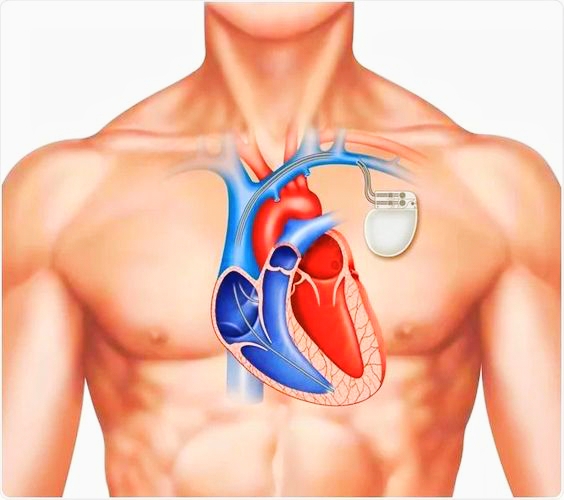Heart disease refers to a range of conditions that affect the heart and its blood vessels. It is also commonly known as cardiovascular disease. The five most common types of heart disease are:
1. Coronary Artery Disease (CAD):
This is the most common type of heart disease and occurs when the blood vessels that supply the heart with oxygen and nutrients become narrowed or blocked, usually due to the buildup of plaque. CAD can lead to chest pain (angina), heart attacks, and other complications.
2. Hypertensive Heart Disease:
This refers to heart conditions caused by high blood pressure. Over time, high blood pressure can lead to the thickening of the heart muscle (left ventricular hypertrophy) and other heart problems.
3. Congestive Heart Failure (CHF):
This condition occurs when the heart is unable to pump enough blood to meet the body's needs. It is often a result of other heart conditions, such as CAD or hypertension, and is characterized by symptoms such as fatigue, shortness of breath, and fluid retention.
4. Arrhythmias:
These are abnormal heart rhythms that can occur due to various factors, including CAD, hypertension, heart muscle damage, and congenital heart defects. Arrhythmias can cause the heart to beat too fast, too slow, or irregularly, potentially leading to symptoms such as palpitations, dizziness, and fainting.
5. Valvular Heart Disease:
This refers to conditions affecting the heart valves, which control the flow of blood through the heart chambers. Valvular heart disease can involve valve stenosis (narrowing) or valve regurgitation (leakage). Common causes include congenital heart defects, infections, and age-related degeneration.
It's important to note that these are just some of the many types of heart disease, and there are other conditions and subtypes that can affect the heart. If you have concerns about heart health or suspect any symptoms, it's best to consult a medical professional for an accurate diagnosis and appropriate treatment.
If you like this post please tell in the comment and share this post.





No comments:
Post a Comment